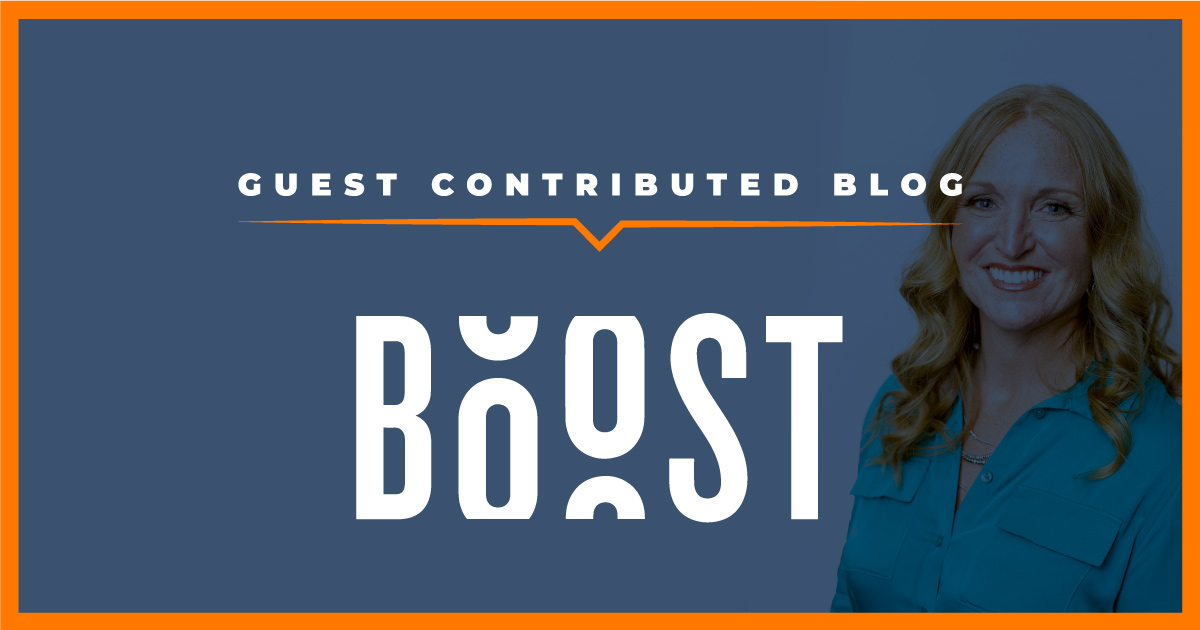
Nearly every business leader I’ve met has shared a common reason for starting their own company. They want to lead in a way that they hadn’t been led. When 50.5 million workers quit their jobs in 2022, one of the most reported reasons was bad managers. Some called it The Great Resignation. I call it The Great Misunderstanding.
The Best Intentions of Business Leaders
We dream of leading an extraordinary team to build something great and solve an important problem. As we build that team, we quickly discover an unfortunate fact: this dream team cannot read our minds.
We realize we may lose the team we intentionally designed to carry out the company’s mission, vision, and values. Maybe the team never really knew what those were to begin with.
Bring on the entrepreneurial guilt. In an attempt to overcompensate and protect the team, we push to take care of everyone but ourselves. Why? Because we’ve somehow come to believe this will uphold the company.
As leaders, we habitually live on the premise of powering through rather than empowering through the most challenging situations. We go beyond responsibility into a mindset that makes everything our fault. We convince ourselves that if we don’t show up with unobstructed confidence, we’ll lose theirs. And of course, “they” equals everyone around us, including those we love most.
Sinking Under Pressure
Over time, ordinary and extraordinary business challenges pile onto us along with the reminders that we come last. We continue to react to what comes at us rather than stepping back to truly understand what’s happening inside us. We fail to consider how that impacts our success as a leader and as a team.
We use the great tools available to us through EOS® in pursuit of becoming better leaders. Yet we must consider becoming a better person as a base for leadership.
Our lives feel fragmented, incomplete, or maybe even broken. The scariest part? While we feel broken, others experience us as ineffective, frazzled, or just plain bad. Sadly, this disconnect between leaders and their teams results in grave misunderstandings.
Ubiquitous Disconnect
If this hits close to home, you’re not alone.
According to a survey from Future Forum, burnout is on the rise among the global workforce. Executives in particular have reported record lows in sentiment and experience about their work.
From 2021 to 2022, executive scores for overall work satisfaction dropped by 15%. Executives now report 20% worse work-life balance and 40% more work-related stress and anxiety.
When leaders deal with crippling chronic stress and feel totally depleted from their work, they simply can’t be effective people leaders. How can you help your team when you can’t even help yourself?
But there’s a way out. It lies in finding the way back to ourselves.
Becoming a Whole Leader
Enter the concept of the whole leader. Leaders must view themselves as whole people with whole-person needs. We experience a unique kind of negative stress – distress – when we leave behind valuable parts of ourselves while putting everyone else’s needs first.
I invite you to do a simple assessment across eight areas to identify the real state of your well-being today.
1. Financial
Can you cover basic needs, manage expenses, prepare for and recover from financial shocks, have minimal debt, and build wealth?
2. Mental
How do you care for your emotional, psychological, and social well-being? How do you think, feel, and act? This will determine how you handle stress, relate to others, and make choices.
3. Environmental
How does the world around you impact your physical and mental well-being? Do you have a safe home? Do you have access to clean air and water? Do you feel good about where you live?
4. Physical
How do you care for the well-being of your body and its proper functioning? Do you live with chronic pains or conditions? Do you have sickness or injuries? How well do you feel physically on any given day?
5. Vocational
Do you gain personal satisfaction and enrichment from your work? How do you handle stress levels during working hours? What level of stress do you experience overall due to work?
6. Emotional
How do you acknowledge and cope with both positive and negative emotions? How do you react to normal life stressors and how do they impact your days?
7. Existential
What is your relationship to religion, spirituality, or the natural world? Do you find meaning in your life?
8. Relational
Can you maintain meaningful relationships with yourself, other individuals, groups, and communities? Do you have a network and feel grounded in supportive relationships?
Realistically, you may not experience perfect harmony in these areas at all times. You may feel particularly low in some areas, which could lead to the frustration and burnout behind The Great Misunderstanding.
As an entrepreneur and a master health coach, I use this assessment to help executives and organizations manage chronic stress. I recommend doing this simple assessment for yourself and the leaders in your company every quarter. You might only manage to pick one simple, small thing to focus on each day. By investing in these areas as an entrepreneur, you can become a leader that others want to follow.
Stephanie Fee is the founder & CEO of NOCK and a certified master health coach specializing in helping leaders take care of the business of their well-being. After hitting rock bottom in 2015 and experiencing burnout that resulted in gaining 70 pounds of unwanted weight, chronic pain, and a divorce, she knew she needed to make a change. For years she placed her health and wellness behind everything else in her life, making it impossible to get lasting results. She thought she was too busy to take care of her own well-being. That realization turned into a quest to integrate wellness into her life, and in the process she learned how to get results and maintain healthy habits for good. She lost the extra weight, created NOCK Sustainable Wellness, and obtained her certifications. Stephanie has helped hundreds of people find their personalized pathway to lasting change.
Email: [email protected]
Website: www.nockwellness.com
Instagram: @nockwellness
LinkedIn: Nock Sustainable Wellness



